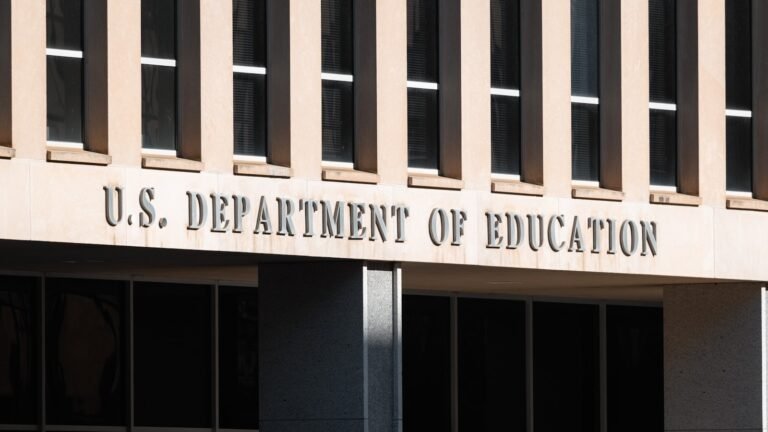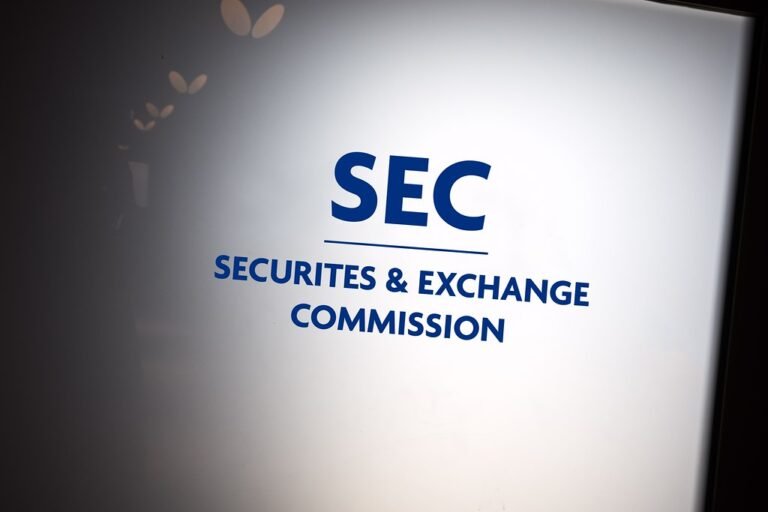
Washington, D.C. – The education technology firm Chegg Inc. has consented to pay $7.5 million to resolve allegations from the Federal Trade Commission (FTC) regarding its use of illegal practices that made it unnecessarily challenging for consumers to cancel their subscriptions.
The FTC claims that Chegg did not offer a clear method for canceling recurring subscriptions, which often left students and parents feeling frustrated and continuing to pay for services such as homework assistance and writing tools without their knowledge.
The agency’s complaint outlines that since at least October 2020, Chegg charged nearly 200,000 consumers even after they had requested to cancel their subscriptions. According to the FTC, the cancellation process was intentionally hidden within Chegg’s websites, forcing users to navigate through multiple pages and confusing steps. Despite receiving considerable consumer feedback and internal recognition that the cancellation process was flawed, the company did not take action to rectify the situation.
The FTC argues that these practices breach the FTC Act and the Restore Online Shoppers’ Confidence Act (ROSCA), which mandates that online retailers clearly disclose essential terms, obtain informed consent before charging consumers, and offer straightforward methods to halt recurring charges.
“It harms the American people when companies fail to provide simple mechanisms to cancel recurring charges as Congress required in the Restore Online Shoppers’ Confidence Act,” said Christopher Mufarrige, Director of the FTC’s Bureau of Consumer Protection. “As part of our effort to reinvigorate the agency’s fraud program, the FTC will continue enforcing ROSCA against online sellers where they violate this important statute.”
As part of the proposed settlement, Chegg is set to pay $7.5 million, which is aimed at offering refunds to consumers who were impacted. Additionally, the company will be obligated to implement a straightforward and transparent cancellation process for all subscriptions that utilize what is known as “negative option” billing features.
This recent development comes on the heels of a 2022 agreement between the FTC and Chegg regarding the company’s data security measures. The previous settlement mandated that Chegg enhance its defenses against data breaches following the exposure of sensitive information belonging to customers and employees.



